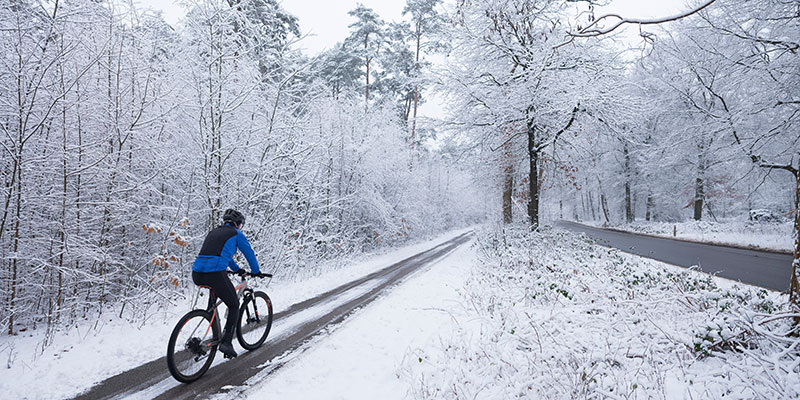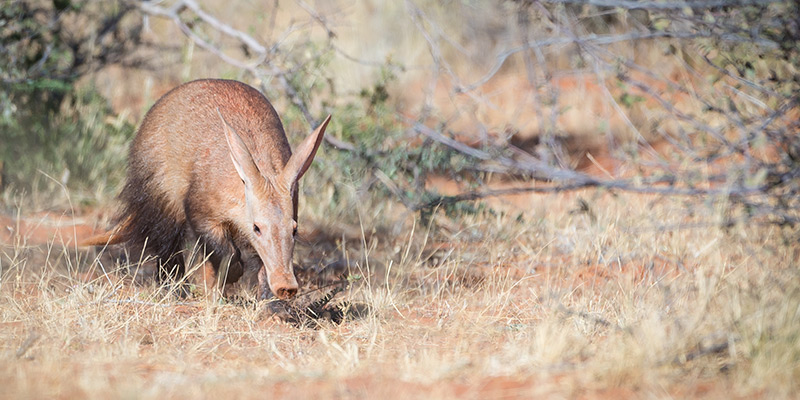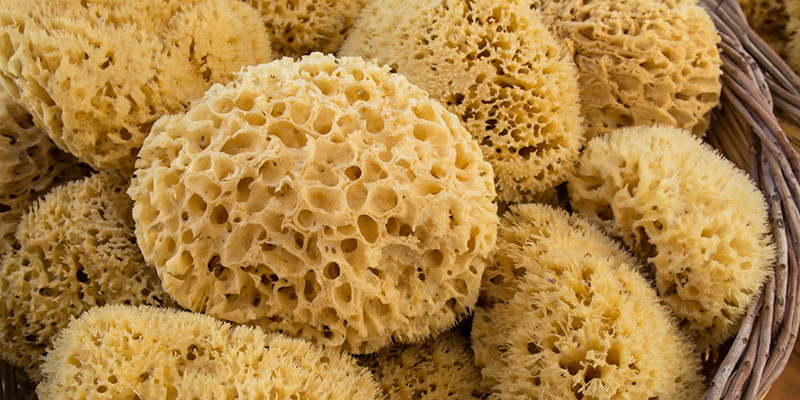Avnos’ Water-Positive Carbon Capture: Redefining Sustainability in Climate Solutions
Direct air capture technology, a critical instrument in the fight against global warming, is facing water consumption difficulties. Avnos, a California firm, breaks the mold by producing water throughout the carbon capture process, distinguishing itself in terms of efficiency and scalability. Their “hybrid direct air capture” system produces five tons of water for every ton of CO2 gathered, converting a cost into a cash stream by selling the created water. This idea, which has received funding from governments and investors such as JetBlue Ventures, complements a decarbonization strategy that includes renewable energy sources.
Avnos intends to cut carbon emissions while simultaneously producing sustainable aviation fuel, garnering attention and investment from aviation-related companies looking for climate-friendly solutions. The startup is backed by several investors including Shell Ventures and the Grantham Foundation, and is a promising actor in the fight against climate change.
Oulu’s Winter Cycling Pioneers: Lessons for Urban Mobility.

Oulu, a Finnish city near Lapland, promotes year-round cycling despite terrible winter circumstances. With snow covering the city for five months, temperatures as low as -30C (-22F), and just four hours of daylight, Oulu proudly claims the title of “the winter cycling capital of the world.” Surprisingly, bicycles account for 12% of all commutes in winter, compared to England’s 2% year-round cycling rate in milder regions.
Oulu’s success in promoting winter cycling defies expectations, prompting questions about how this is feasible in such harsh conditions.
Climate Change Threatens Aardvarks in Sub-Saharan Africa: Study Reveals the Impact of Aridification

A study by Oregon State University shows how a changing environment is threatening the survival of aardvarks in Sub-Saharan Africa. Aridification is isolating these nocturnal mammals, making them vulnerable to the consequences of rapid climate warming.
The impact of altering conditions on aardvark distribution and migration was demonstrated by analyzing 104 feces samples. Long-term droughts, exacerbated by climate change, have made regions such as the Horn of Africa increasingly vulnerable. Aardvarks serve an important role in the ecosystem by reducing termite numbers and constructing habitats, but their nocturnal lifestyle and small population make them difficult to study, stressing the need for conservation efforts in the face of dwindling ecosystems.
Oceanic Stewards: Women Pioneering Sustainable Sponge Cultivation in Zanzibar

Hindu Rajabu, of Zanzibar’s Jambiani village, leads a group of pioneering women who cultivate natural sponges in the Indian Ocean. These fascinating creatures not only have unusual filtering abilities to clean seawater, but they also have natural antibacterial qualities that are great for personal hygiene. Rajabu diligently maintains the sponge farm, crossing the rising tide to inspect and clean the sponges strung on ropes. Regular maintenance is essential for their growth and quality since it prevents undesirable organisms from overpowering them.
Harvesting occurs weekly once the sponges reach marketable size after six months to a year of natural growth. Rajabu and a group of 12 village women precisely label and sell these sustainable sponges to hotels and tourists, promoting both economic empowerment and environmental sustainability in the neighborhood.



